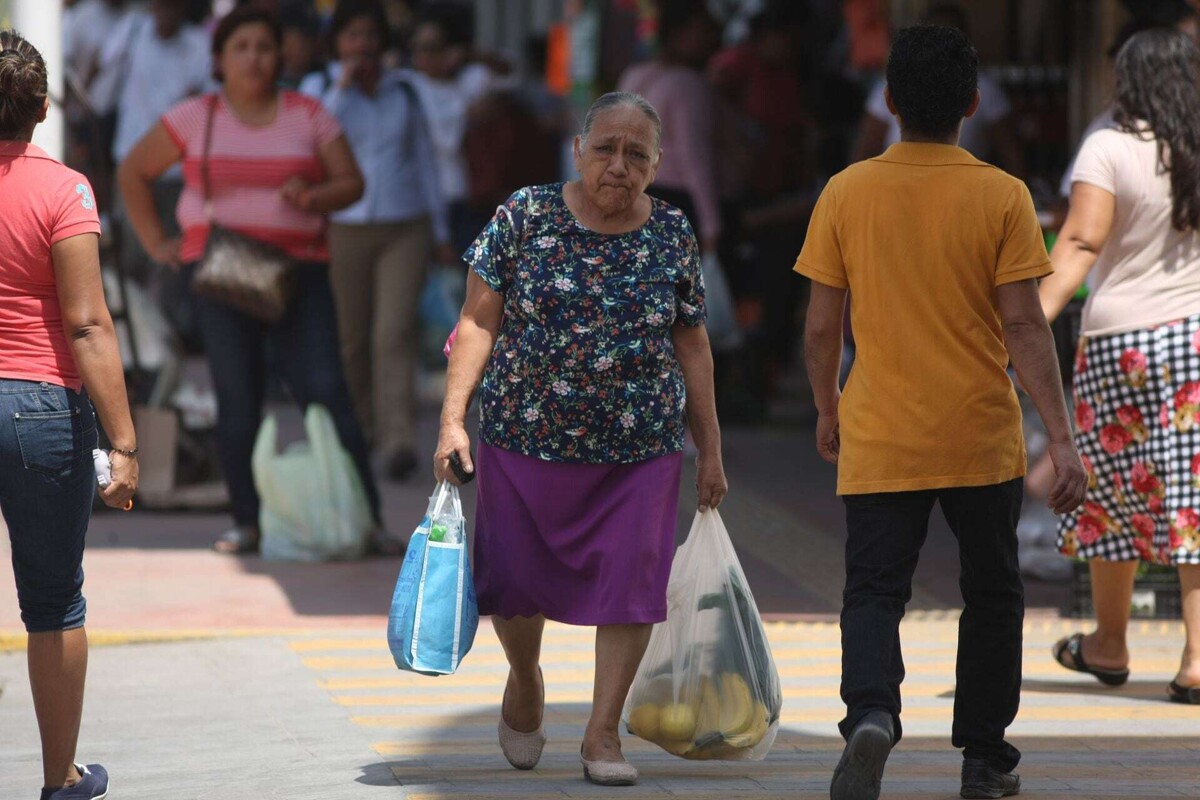
The government of Clara Brugada in Mexico City has launched a program called "Iztapa’ Las Jefas 2025" aimed at female heads of household residing in the Iztapalapa borough. This program aims to ensure the comprehensive development of minors and provide them with a minimum income. It is expected to benefit more than 265,000 children aged 0 to 3 years in the capital, of which more than 19,000 will be supported directly.
Clara Brugada presented this project in November 2024. The payment system will be bimonthly, every two months, with an amount of one thousand pesos. It is detailed that 10,141 boys and 9,589 girls will be supported in the first phase of implementation. To register for the program, female heads of household must meet certain requirements, including being between 35 and 56 years old, not being beneficiaries of other current social programs, and demonstrating social vulnerability through a socioeconomic study.
The necessary documents to register for "Iztapa’ Las Jefas 2025" include official identification, CURP, birth certificate of at least one child, sworn statement of truth, socioeconomic study, and a completed registration application. If the application is approved, an annual amount of 2,000 pesos will be granted in five bimonthly payments.
Additionally, within the social policies of the borough, the program "Desde la cuna" has been implemented for children from 0 to 3 years and 10 months old. Local authorities have established an online registration process that will end on April 15, as well as 115 points for in-person registration in Iztapalapa.
The government of Clara Brugada has emphasized the importance of the early years of life for human development, focusing on the prevention of problems such as malnutrition. Nutritional follow-up, metabolic and auditory screening at health centers, free access to Child Care and Development Centers, and the creation of Schools for Good Parenting have been planned as an integral part of these social programs.













